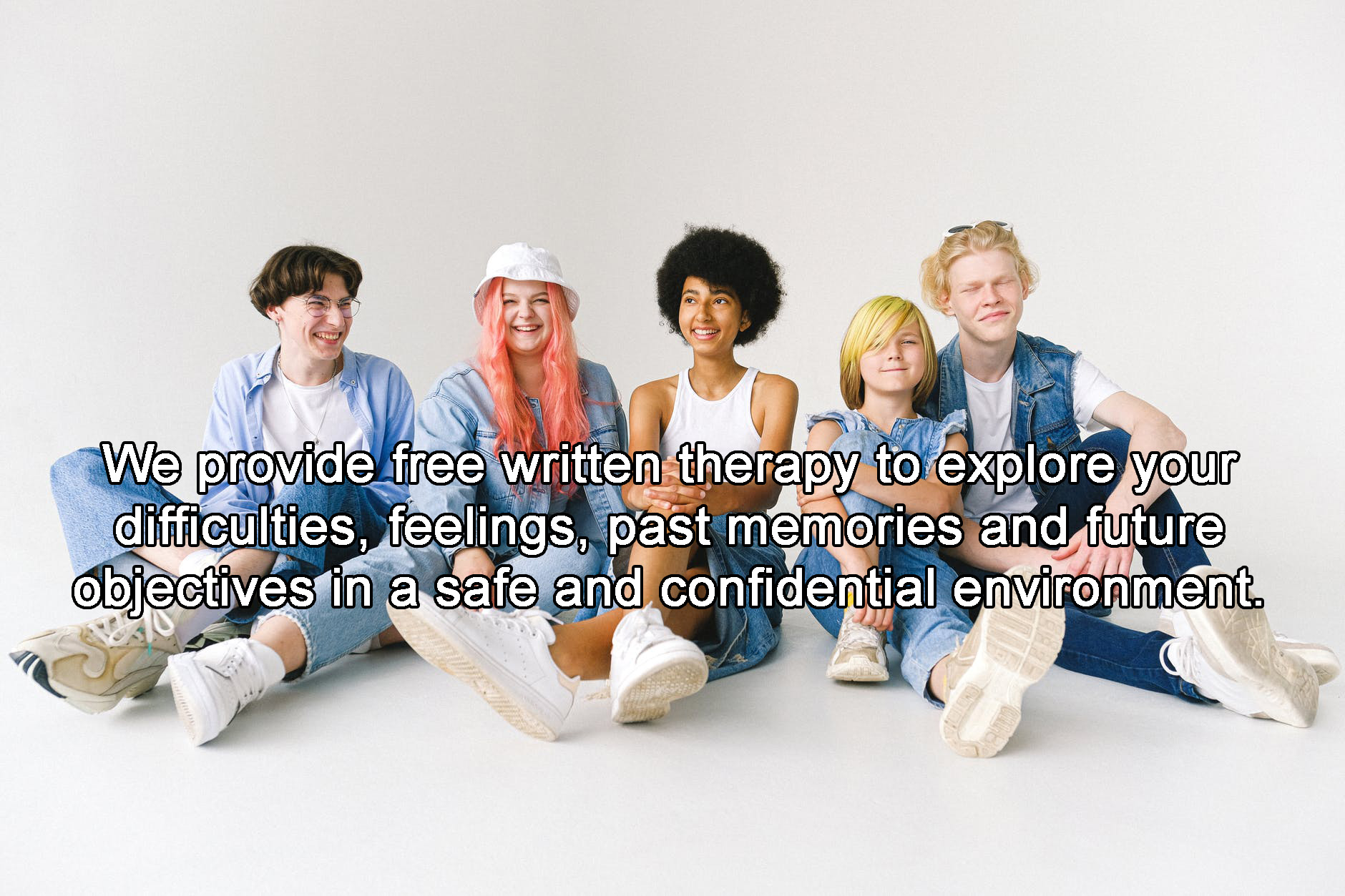
The Five Love Languages is a book written by Gary Chapman in 1992. Evidence based research suggests that everyone has a god-driven desire for complete and unconditional love in all relationships. Now, when you assess this within yourself, you realize what blockers are present and what might stop us from giving and/or receiving love.
You can also take a few quizzes to evaluate your languages of love.
Ask Important Questions
- Which blockers are naturally preventing us from releasing our happiness hormones?
- Where did those dopamine, serotonin, oxytocin hormones help that adrenalin release?
- And for those who might feel dissociated, how did my consciousness react to him/her/this/that?
- And hey, when did stress hormones add themselves? Do they act as a layer of protection?
There are five languages of love which could help remove some of the blockers.
1. Words of affirmation
These can be directed inwards or outwards. Practice them with awareness. It might feel like a role-play until you (alone or together) can settle in with the feeling of affirming to oneself and the other. These may look like, “We are growing everyday.”, “We love each other.”, “You make me happy.”, “You make my heart full.”, “I have time to make that decision.”, “I will not rush myself”, “The world is going to be fine and so will I.”, My insides/insecurities are coping and my mind is strong”, “I am overwhelmed at the moment but in some time I will be fine.” etc.
Add them with a few deeeeep breaths all the way to your stomach.
Try a longer sentence. For example, “I don’t understand everything, it makes me feel weak/troubled but I will try to cope and not get anxious/depressed/stressed by taking one step at a time.”
2. Quality time
Make some time for your loved ones. A lot of people can’t either because of “no time” or “no interest”. How many hours a day do you work? Make some time by making your hours 50 minutes long. This gives you 10 minutes to spare per hour. No time to make a baby or no time because too many babies? Take those self-therapy walks. Craft with your loved ones, reflect on your past together, make future plans and live in the present.
Come for a therapy session and use it as the grounds for bonding as they did in the Amazon series “Modern Love” directed by John Carney.
3. Receiving gifts
Gifts don’t have to be lavish. Majority of the people don’t care about the size of the box. It’s the thought that counts. A gift is a non-verbal gesture since a majority of people don’t know how to communicate. It is not because you can’t/don’t explain it properly but because the meaning gets lost in confusion.
Take the colour red as an example. The perception is different in different people’s minds. In other words, what is said might not always be understood in whole.
4. Acts of service
Acts of service become central when you try to be kind to yourself and others. Ask your partner what help s/he needs or if you can mow the lawn together and set up a BBQ. You might also want to make the beds as a surprise and spend the extra time together.
Speak with your parents/partners/children about what are their preferred acts of service. What is your act of service towards yourself and within yourself – your inner god-child?
5. Physical touch
These could be a pat on the back of your son/daughter or a helping hand for a nun, maybe a hug for your mum/dad or a back massage for your husband/wife. How about that thing that you rarely do? A lot of things that we think we don’t need to talk about crawl up into our relationships.
Do the following exercise and think about the person with whom you would like to remove the blocker.
Exercises which Help
- Love might make some people anxious and some people __________________. Fill in the blanks.
- I made chocolates but s/he didn’t make ___________________. Take some time to think and then fill in.
- Why does it have to be ridged/abstract? Choose what suits.
- Words of affirmation are my love language. What’s yours? Converse.
- When you tell yourself, “We love each other.” while thinking about your significant other, don’t forget to confirm it by using some of the love languages.
- Which of the love languages do you already practice?
- Speak with a therapist.









